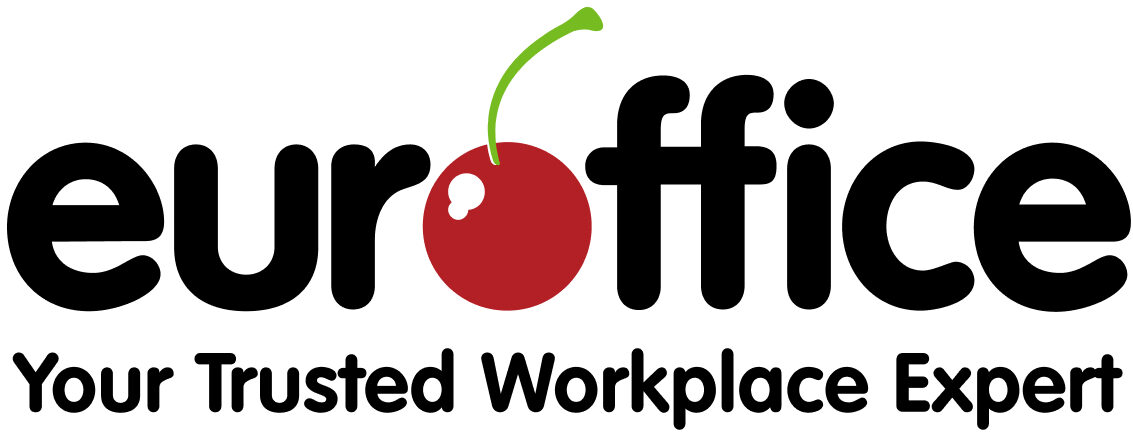Public speaking is number one on many people’s list of fears. Here are some tips on dealing with your nerves before giving that important presentation.
Reframe Your Nerves
If you want to give a good presentation, be excited about it.
Researchers from the University of Pennsylvania’s Wharton School asked 140 people to prepare a speech and deliver it before a group of their peers. Subjects were told the speech would be taped.
Half the group was told to tell themselves that they were excited before speaking. The other half had to say they were calm.
While both groups reported the same amount of anxiety, the half that framed pre-speech nerves as excitement was ’ranked as more persuasive, more competent and more confident’ than speakers who told themselves they were calm.
I think part of the lesson here is to treat experiences as adventures. Yes, giving a talk is stressful, but it’s also a chance to shine. Plus, we must remember that the way we feel isn’t always the way we come across. Nobody can see your heart beating – unless you’re giving a talk to a group of x-ray technicians.
Practice Makes Perfect
Why is it that we’ll go into a meeting well prepared but unrehearsed?
Practise giving your presentation. When you’ve got a bit of free time, try to book a room, or broom closet, and rehearse giving your speech. You can even imagine where you’ll be standing in the meeting room, if it helps you visualise the situation going smoothly.
As you practise try to speak more slowly than normal. Lots of us have a tendency to speed up and mumble when we’re nervous. In turn this means our breathing becomes faster and shallower – we want it to be smooth and deep, like a Zen monk’s.
I remember having to give a very important presentation in front of lots of people I didn’t know. I spent a few days going over what I wanted to say and how to say it, paying special attention to how quickly I was talking.
When I was on stage (and it was literally a stage), I felt I was both jittery and speaking in slow motion. However the presentation couldn’t have gone better and people actually came up to me afterwards, amazed that it was my first time giving such a talk.
https://www.youtube.com/watch?v=Af1OxkFOK18
Analyse Your Concerns
During stressful situations, we might find our minds run away with us. We start having conversations with ourselves about all sorts of things. You could start thinking that you’ve not done enough research and because you feel the presentation is going to go badly, it will go badly.
One way to tackle this is to write down these bubbling ideas, then come up with counterpoints.
To start, note some of the things you’re worried about. Let’s say it’s a fear that you’ll be asked a question you won’t be able to respond to. OK, we have our problem. Let’s answer it, by writing an accurate response. In this case, the core fear is about not having the right information. So, jot down what research you’ve done and how long you’ve spent prepping.
By comparing these two notes, you can come up with a third point of view. One that’s positive, but realistic.
For example, your summary might be something like ‘yes, doing a speech might be daunting, but I’ve done them before and they’ve gone well. I know my subject and I have all the information I need. If I am asked a tricky question, I can email the person later with a response.’
I know it sounds a bit silly, but it really does work. The trick is that you have to write it down, though. You need to get these concerns out of your head and on to the page.
Finally, Adopt A Power Pose
A favourite on the Euroffice blog, the idea behind power poses is that the way you carry yourself affects how you feel about yourself.
Notice how Wonder Woman is always portrayed standing with in a strong stance, with her fists balled on her hips.
I’m not suggesting you walk into your presentation in tiny shorts with a bouffant hairdo and a cardboard tiara, but it would certainly get the audience’s attention.



